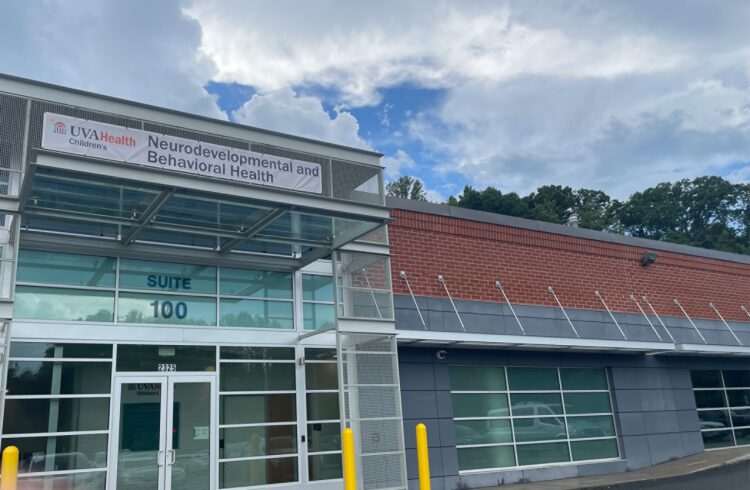
Pancreatic cancer is the fourth highest cancer killer in the United States. The cancer has one of the highest fatality rates with more than 37,000 diagnoses and nearly 34,000 deaths in 2007, according to Kimberly Kelly, PhD, assistant professor of biomedical engineering at the University of Virginia School of Medicine.
Kelly recently received a $1.2 million grant from the National Cancer Institute to develop imaging agents for early detection of pancreatic cancer. With no screening techniques available for detection such as colonoscopy, mammography, and PSA testing, Kelly hopes to create a compound which could be used for widespread screening for pancreatic cancer.
Kelly has identified several early biomarkers of pancreatic cancer which would be the targets of an imaging agent. By creating a vehicle to deliver the imaging agent to the early origins of the cancer — possibly via a virus — the imaging agent would then bond with the surface of the cells and be visible via Magnetic Resonance Imaging (MRI), Positron Emission Tomography (PET) or fluoroscopy.
“From our data, we know that one particular biomarker exists in 100% of the 60 or more pancreatic cancers examined and also in precancerous lesions found in the pancreas. If we could develop a tool to identify these precancerous lesions, the lesion could be removed or treated before it has a chance to develop into cancer,” Kelly says.
Early detection of pancreatic cancer could help increase the odds for patients, who face only a five percent survival rate beyond five years.
“At the time of diagnosis, most of the tumors have spread,” Kelly adds. “When the tumor has spread to the liver and into the blood vessels there is not much the surgeon can do to completely remove the tumor. In fact, only 15-20% of patients have surgically respectable disease, which surgery is in itself rarely curative but does increase median survival to 14-22 months. Unfortunately, the majority of cases are at the most advanced stage, four, and are unresectable by the time there is a diagnosis and a potential intervention. These reasons highlight the importance of early detection where it is the hope that earlier intervention will decrease the mortality of this devastating disease.”
Kelly in collaboration with a colleague at the cancer center at Massachusetts General Hospital, Dr. Nabeel Bardeesyhas already isolated early pancreatic cancer cells from a mouse model of human pancreatic ductal adenocarcinoma (PDAC; the commonest type of pancreatic cancer). She and her colleagues then identified a peptide which can identify the biomarker (plectin-1) which is found on the cell surface of PDAC. In normal pancreas cells, the plectin-1 is found only inside the cell.
Kelly is collaborating with UVA Assistant Professor of Surgery Todd Bauer, M.D., to develop human cell models to test potential imaging agents and hopes to possibly begin clinical trials on the agents that will allow the early detection of PDAC within two years.


